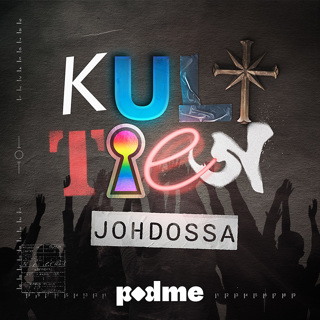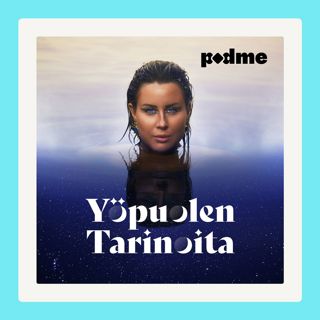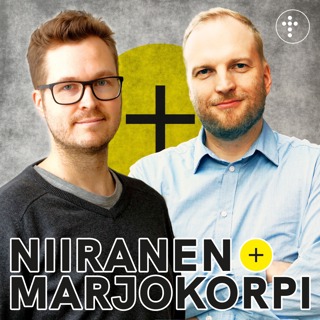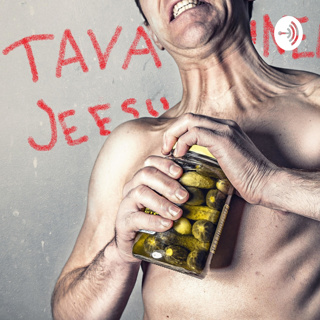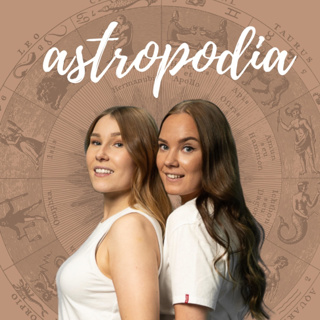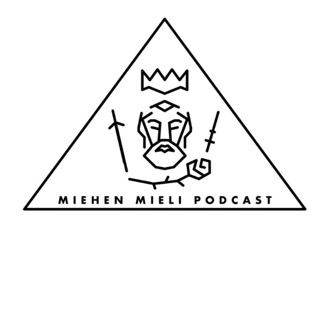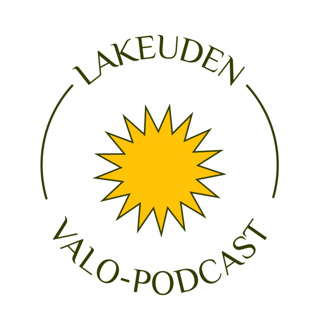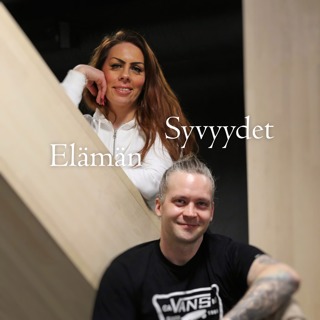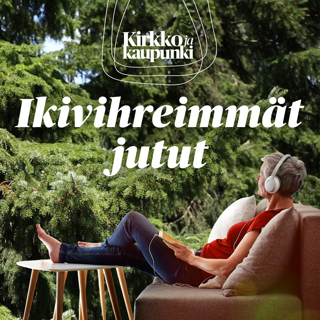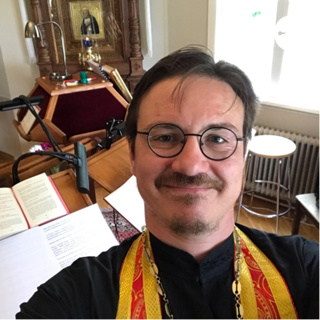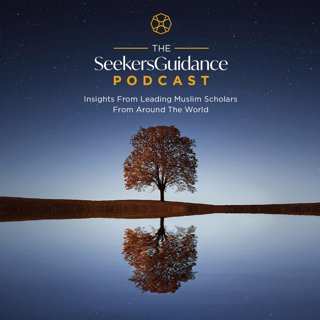
The Greatest People – Shaykh Faid Mohammed Said
In this podcast, Shaykh Faid Mohammed Said begins by reminding us that many people saw the Messenger of Allah (peace and blessings be upon him) but didn’t see the light of prophethood within him. Many...
27 Elo 201811min

Days of Beloved Actions: The Ten Days of Dhul Hijja, Day of Arafa, and Eid — and the Sunna of Returning to Allah – Shaykh Faraz Rabbani
In this khutba Shaykh Faraz begins by reminding the believers that the first days of Dhul Hijja are beloved to Allah, and that there is a significant reward for actions during these days. The objectiv...
19 Elo 201825min

Oaths in the Qur’an: Reflecting on the Opening Verses of Surat al-Shams – Shaykh Faraz Rabbani
In this khutba Shaykh Faraz Rabbani calls the believers to reflect on the opening verses of Surat al- Shams. In those verses Allah Most High makes oaths by the sun, the moon, the day, the night, the ...
16 Elo 201831min

Be Grateful for Everything – Shaykh Faid Mohammed Said
In this podcast Shaykh Faid reminds us of shukr (gratitude) , and what it means to be included amongst the grateful. One of the greatest attributes one can have is gratitude. Being grateful is not eas...
3 Elo 201819min

Change and the Reality of Life – Shaykh Faraz Rabbani
Change is a reminder of things being created. Change is a sign of Allah. Change is a proof of the oneness of Allah. Anything that changes has the necessary quality of being dependent. Anything that ha...
2 Elo 201825min

Dying, Living, and Heart Matters – Shaykh Faraz Rabbani
In this Friday khutba Shaykh Faraz Rabbani begins by reminding that people are neglectful of death, and that life and death are from Allah Most High. Death is mentioned in the Qur’an several times, an...
21 Heinä 201833min

Examples of the Humility of the Prophet ﷺ – Shaykh Faraz Rabbani
Shaykh Faraz Rabbani explores some amazing examples of the awesome humility of the Prophet Muhammad (Allah bless him and give him peace) from Esfahani’s work “Sharaf al-Mustafa.” Shaykh Faraz describe...
15 Heinä 201810min

A Synopsis of the Science of ‘Aqeeda Based on al-Hawi al-Qudsi of Qadi Jamaluddeen al-Ghaznawi (Part Two) – Mufti Taha Karaan
Since the enlightenment period, belief in God and organized religion has come under significant attack. The unremitting question regarding the compatibility of revelation and reason continues to plag...
3 Heinä 20181h 7min




